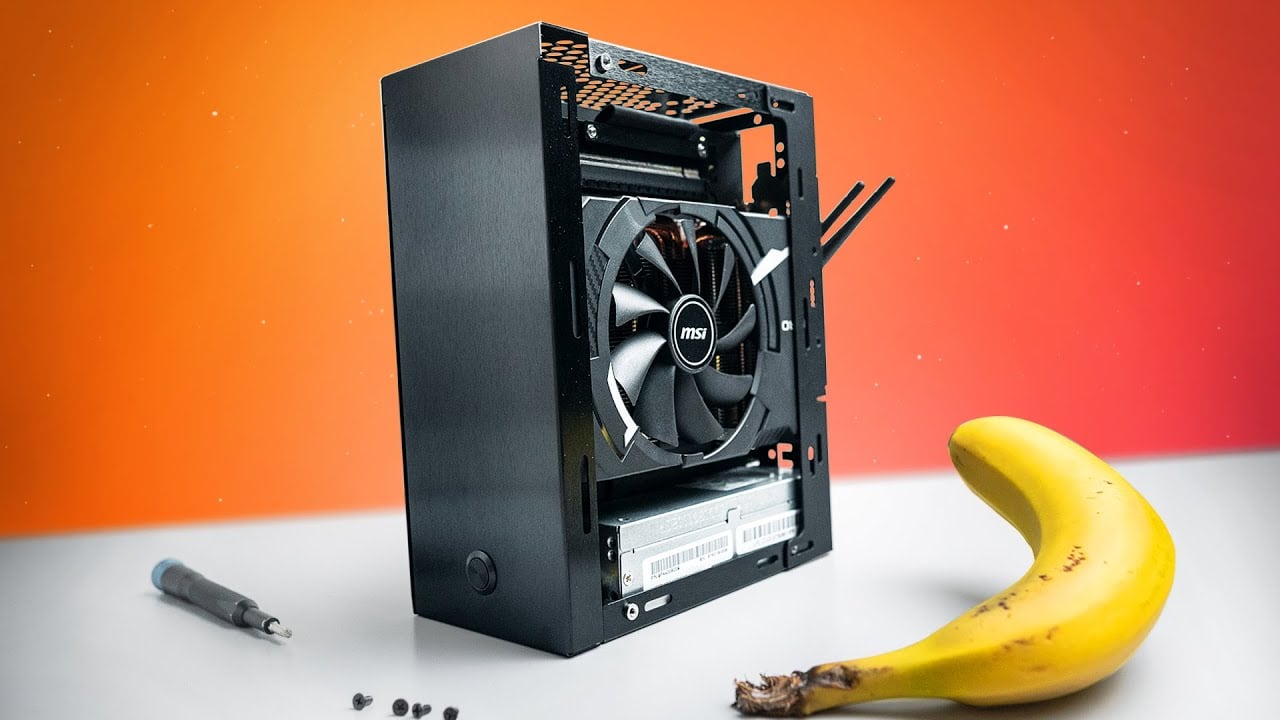

AMD is far ahead in the performance/watt here. Intel seems to have lots of trouble providing even stable drivers for their XE/Arc graphics on Linux. Maybe their Battlemage generation will have better support but it’s not something I’d count on. So many of these handhelds try to shoehorn Windows into this form factor but MS business practices are anti-user at any opportunity to extract personal data or money.






I guess if you don’t mind it becoming e-waste in a few years like the Q1 is near to being. You are practically at the mercy of Meta deciding what you can do with the device. There are some projects like ALVR to mitigate this somewhat, but these platforms are being locked down in more sophisticated ways with each generation.